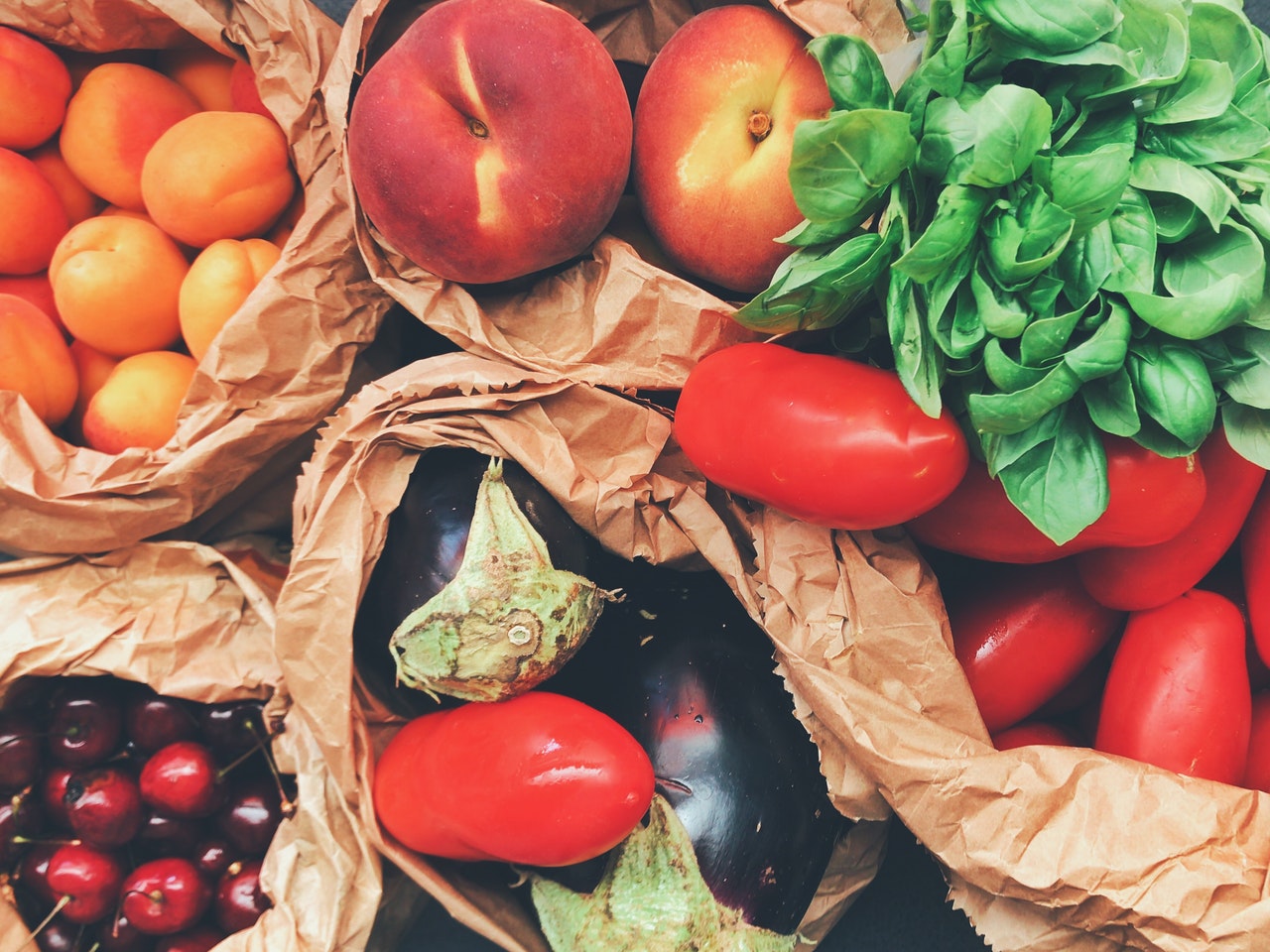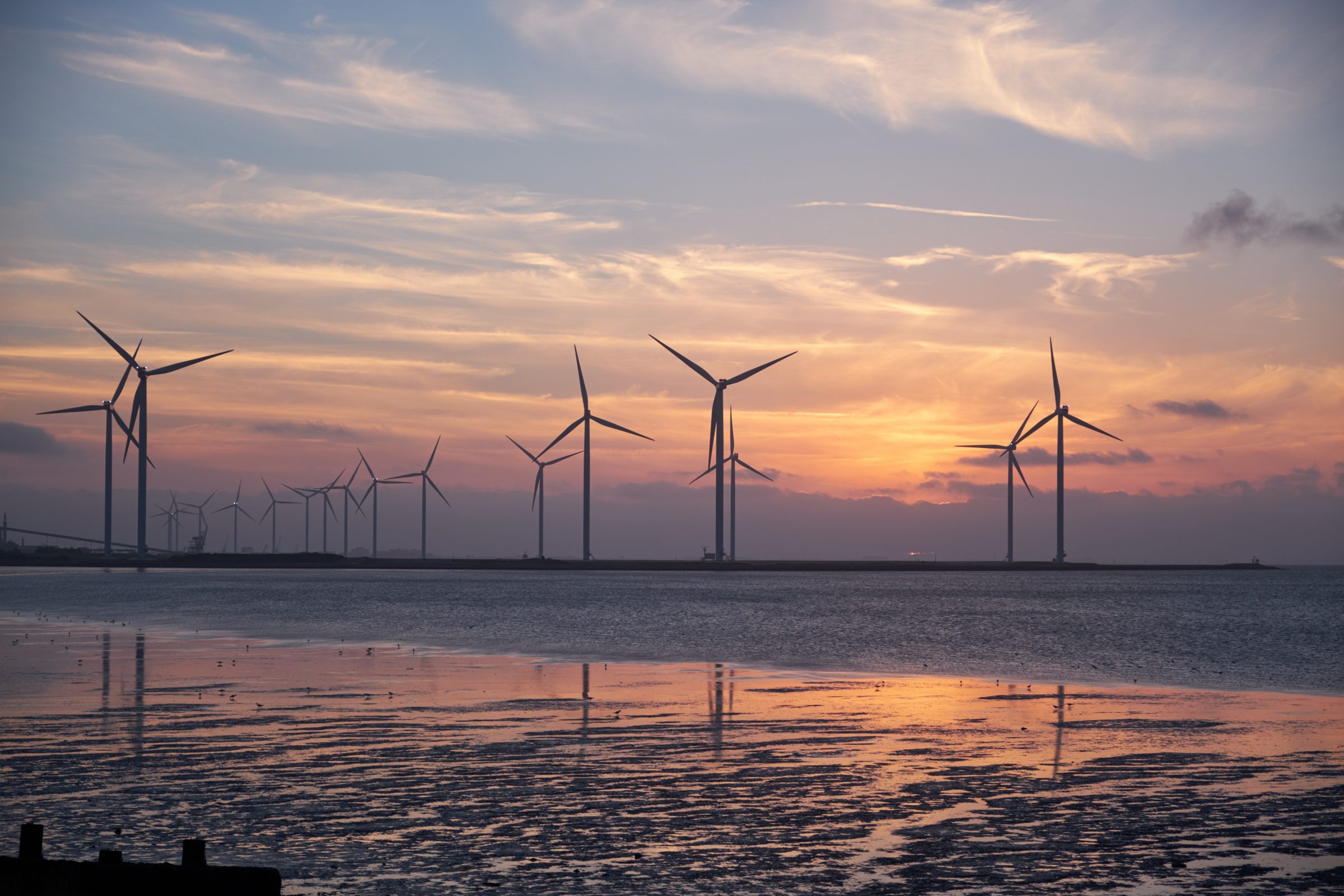
We’re winning the fight on the beaches against litter
For those who are already planning their summer holidays in the UK the good news is that litter on the beaches has almost halved in the last three years.
That is down partly to Sir David Attenborough’s Blue Planet TV series said the Marine Conservation Society, said green energy expert Ron Fox.
“It shows how important it is to get the environmental message across about keeping rubbish from entering the world’s oceans and how effective a first-class documentary can be,” he added.
In its latest annual Great British Beach clean, the charity said the number of pieces of litter found per 100 metres of beach fell from 718 items in 2017 to 601 in 2018, 558 in 2019 and 425 in 2020.
To show how vital the work is more than 150 million tonnes have already entered the world’s oceans and another 11 million tonnes end up there each year with almost 1,000 species of marine life contaminated by the waste, according to a report last autumn by the environmental charities World Wide Fund for Nature (WWF) and the Ellen MacArthur Foundation.
“There have been many reasons for the reduction, including a greater awareness of the damage caused to marine life by plastic litter, the introduction of 5p and now 10p charges on single-use carrier bags and also the increase in people and groups taking part in beach cleans,” said Ron, of Noreus Ltd on the University of Keele Science and Innovation Park (www.noreus.co.uk).
“Another factor may be that with Covid-19 and with more people on furlough many are going for walks and picking up the litter having watched the TV programme.”
A total of 2,124 volunteers, who took part in 459 events to clean up both beach and inland sites as part of the charity’s Sources to Sea Litter Quest, found that small pieces of plastic and polystyrene were the most common items picked up followed by wet wipes, cigarette stubs, cotton bud sticks and plastic drinks bottles.
But the coronavirus has also brought a new form of litter with face masks and gloves now found on 27.5 per cent of the beaches cleaned by the public. Research has also shown that 80 per cent of litter on beaches had made its way from parks, rivers and streets far from the coast.
“The increase in PPE (Personal Protective Equipment) litter is worrying and we need to educate the public more about the dangers of just throwing away their masks,” said Ron.
“Other items we need remove from our beaches are drinks bottles and cans. One way that would help is if the Government speeded up introducing an all-inclusive deposit return scheme for drinks containers.”
At the moment Scotland is introducing such a move in July next year and the Department for Environment, Food and Rural Affairs is planning the scheme in England in 2023 while Wales has similar ideas, but the details have yet to be agreed.
For more details about green energy call Ron on 01782 756995 or go to www.noreus.co.uk




